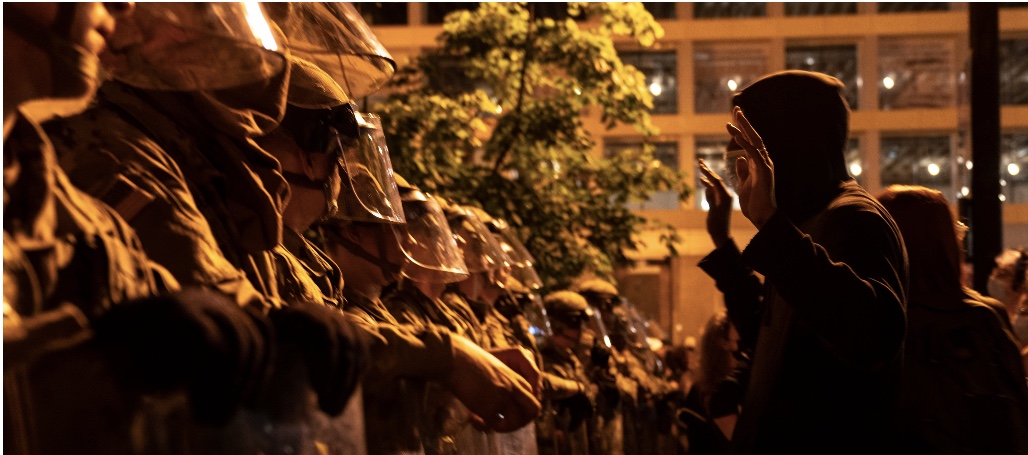WASHINGTON — A white National Guard commander called the standoff in Lafayette Square “the Alamo,” implying that the White House was under siege. Black members of the D.C. Guard objected to turning on their neighbors. Army leaders told pilots to “flood the box with everything we have” as two helicopters buzzed protesters in the streets.
The National Guard is now engaged in an investigation of the havoc a week ago Monday in downtown Washington, similar to after-the-fact examinations more common to battlefields in Iraq and Afghanistan. There will be questions, interviews and competing narratives.
But on one point everyone is agreed: The first days of June, a calamitous period for the Trump presidency, have been a debacle for the National Guard.
There has been a torrent of criticism from Congress, senior retired military officers and Guard members themselves since more than 5,000 Guard troops — from the District of Columbia and a dozen states — were rushed to the streets of the capital to help in the crackdown on mostly peaceful protesters and occasional looters after the killing of George Floyd in police custody. The D.C. Guard has halted recruiting efforts, and at least four National Guard troops have tested positive for the coronavirus.
D.C. Guard members, typically deployed to help after hurricanes, floods and other natural disasters, say they feel demoralized and exhausted. More than 60 percent are people of color, and one soldier said he and some fellow troops were so ashamed in taking part against the protests that they have kept it from family members.
“Typically, as the D.C. National Guard, we are viewed as the heroes,” said another soldier, First Lt. Malik Jenkins-Bey, 42, who was the acting commander of the 273rd Military Police Company during the first days of the protests. But last week was different, he said.
“It’s a very tough conversation to have when a soldier turns to me and they’re saying, ‘Hey sir, you know my cousin was up there yelling at me, that was my neighbor, my best friend from high school,’” said Lieutenant Jenkins-Bey, who is African-American.




